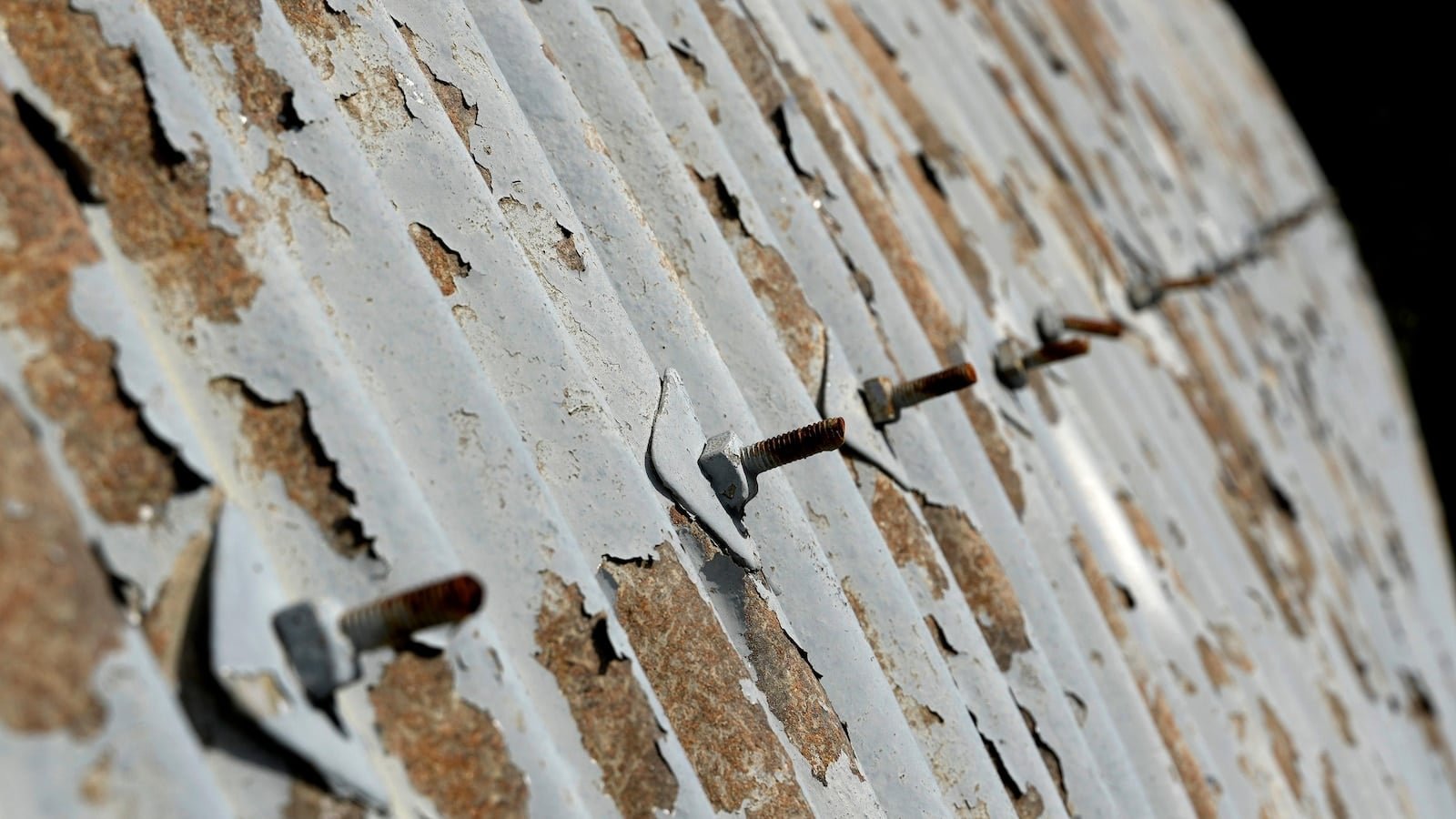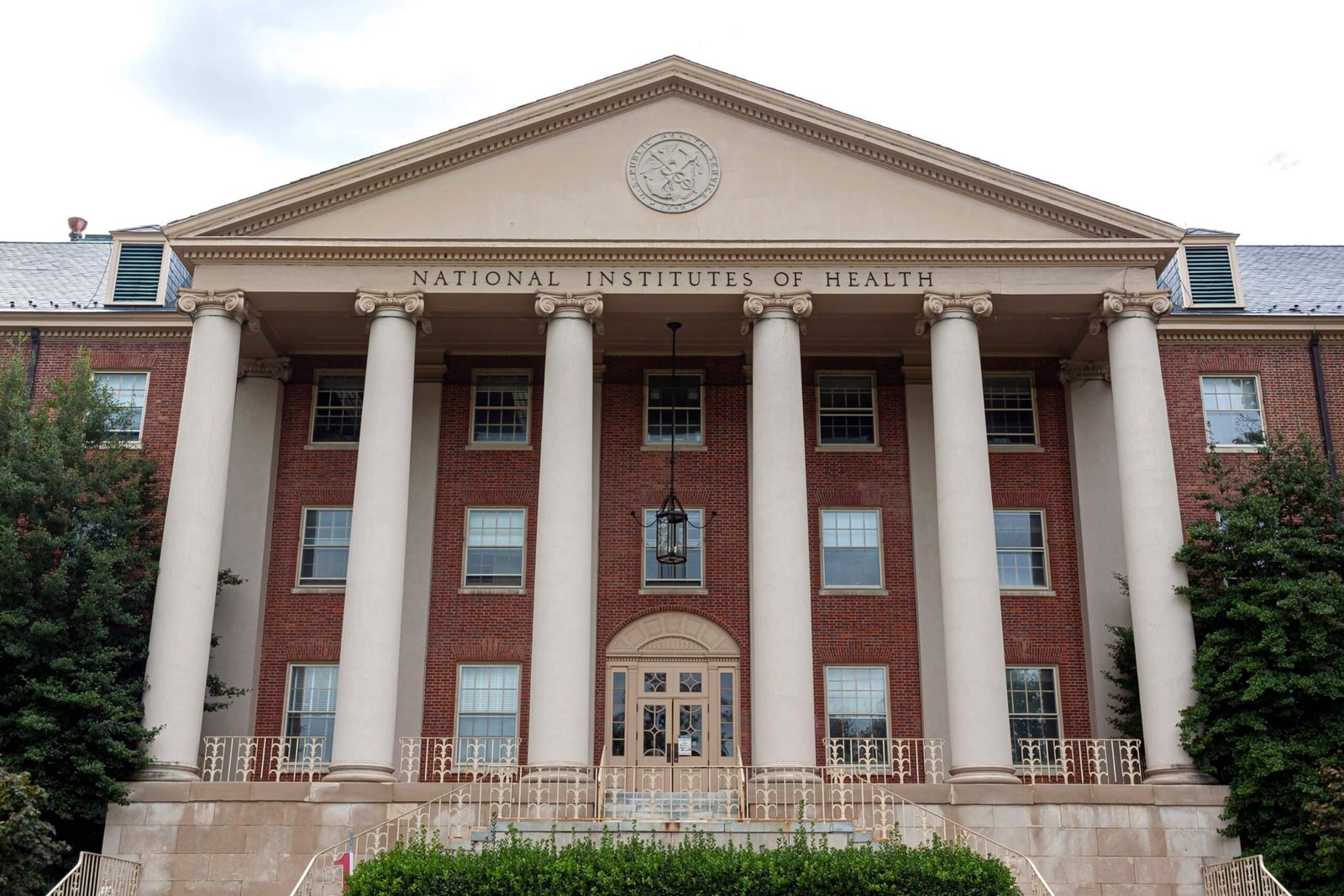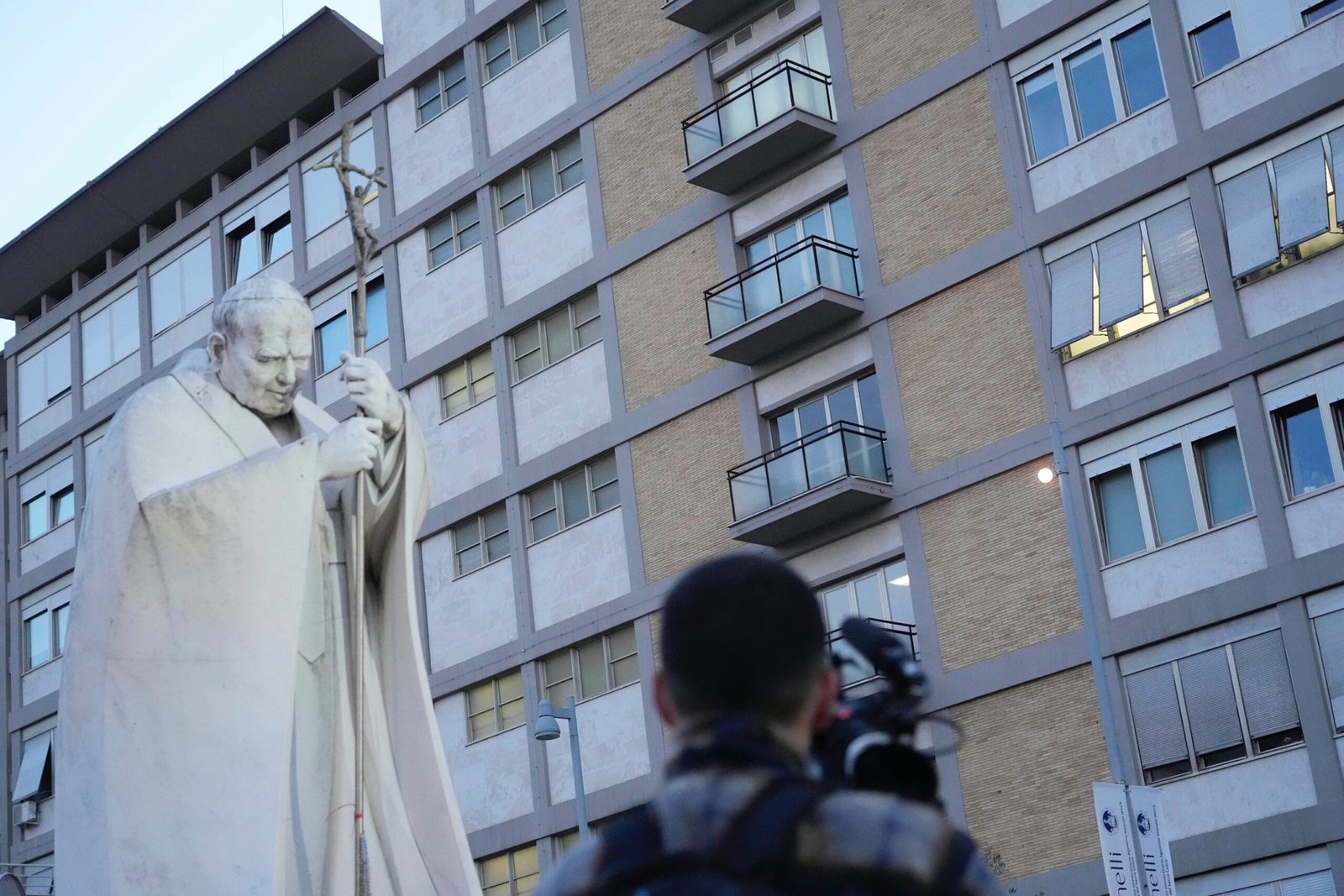Nicosia, Cyprus – Snunith Shham says he was only a few months in February 1947, when the British authorities allowed his family to leave one of the dozens. Internment camps in Cyprus that held tens of thousands of Holocaust survivors and go to “La Patria”. Cyprus was at that time under British colonial domain.
Shoham, a professor at the University of Bar-Ilan Israeli who also presides over an organization that represents the Jews admitted to Cyprus, flew to Nicosia to attend a ceremony that marks the 76th anniversary of the closing of the internment camps in February 1949 .
The ceremony was held at a base of the Chipriota National Guard that previously housed a British military hospital where Shoham was born. Around 2,200 babies were born in Cypriot Internment Fields that had about 52,000 Survivorsin it World War II Afteraththroughout the period of approximately four years, according to official records.
Shoham says that the conditions in the camps were very horrible, especially for youths – That the British granted a special dispensation to several hundred families with newborns and young children to make the walk in search of a new life. The influx of people who made the trip was so great that the British authorities tried to stop him.
At that time, the ordinary chipriots, who worked in the camps and sympathized with The difficult situation of survivorsHe helped in any way they could, says Shoham.
“The Chipriot workers did many small but significant services for the detainees (of the camp),” said Shham by addressing the ceremony attendees. “We will never forget the help of local chipriotes.”
Although the existence of the internment fields in Cyprus is not widely known, the Hollywood historical drama of 1960 “Exodus” starring Paul Newman and Eva Marie Saint shed light on the subject.
“On his way to his new homeland, Cyprus became a temporary shelter for these survivors, offering them security and care in a world that had often denied both of them,” said the Ciadetics officer of the Ministry of Defense Anna Aristotelous during The ceremony.
Israeli ambassador Oren Anolik called the internment fields “a fundamental link between Israel and Cyprus” that “forged a lasting link among our peoples.”
One of those chipriotas that helped the Jewish survivors was Captain Paul Rossides who had offered himself as a port pilot in the port of Famagusta to guide the ships loaded with refugees where they were refrained and refueled.
Captain Rossides, Irinoula Loizou, 87, who also attended the ceremony, recalled the coffee pots that his mother prepared for his father to keep him alert while working during the night piloting the ships inside and outside the port.
“My father was a very brave man who always offered his help to those in need, regardless of the situation or the potential risks for himself,” he said.
Loizou said his father’s work obtained the recognition of Israeli officials, including a plaque that was presented in July 1949 by Ephraim Gilan, the commander of the camp of the Jewish paramilitary organization Haganah.
The plaque was registered with the words: “In recognition for the outstanding services provided to the inmates of the Karaolos and Xylotympou camps during the years 1946-1949.”





